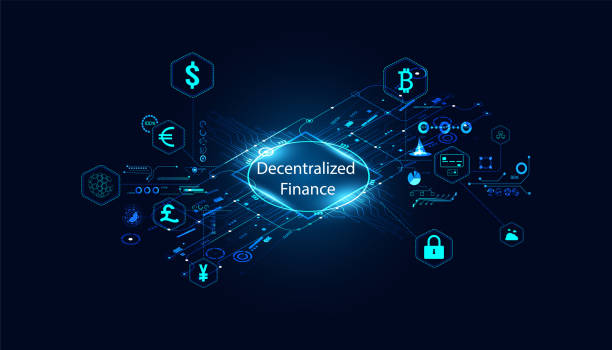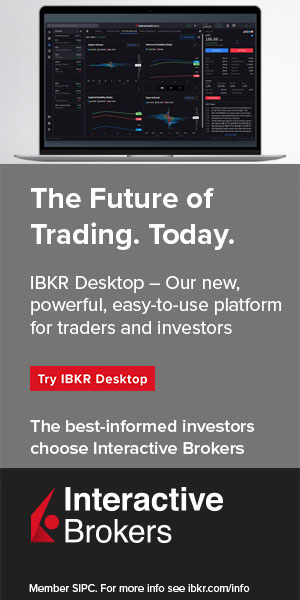Among the prominent players in the DeFi landscape, TRON has established itself as a key contributor and innovator. This article explores TRON’s pivotal role in decentralized finance, shedding light on its protocols, applications, and contributions to DeFi innovation. Do you need real time market analysis for top crypto projects and also make informed decisions? The Quantum Prime Profit is what you are looking for! Try now!

TRON-Based DeFi Protocols and Applications
TRON’s prominence in the realm of decentralized finance (DeFi) is evident through its various protocols and applications that have gained traction in the market. Let’s delve into the specifics of these TRON-based DeFi offerings and explore their significance.
TRON’s Decentralized Exchanges (DEX) have emerged as a vital component of the TRON DeFi ecosystem. These platforms provide users with the ability to trade cryptocurrencies directly from their wallets, without the need for intermediaries. TRON-based DEX platforms offer features such as high transaction speeds and low fees, making them attractive for DeFi enthusiasts. Notable TRON-based DEX platforms include JustSwap and Poloni DEX, which have facilitated liquidity provision and trading activities within the TRON network.
Another key aspect of TRON’s DeFi landscape is its lending and borrowing protocols. TRON-based lending platforms allow users to lend their digital assets and earn interest, while borrowers can leverage these assets by putting up collateral. By utilizing TRON’s blockchain capabilities, these lending and borrowing protocols offer a decentralized and transparent alternative to traditional financial systems. Popular TRON-based lending platforms include JUST Lend and SUN.IO, which provide users with opportunities to earn passive income through interest-bearing accounts.
Additionally, TRON has made significant strides in the realm of stablecoins and tokenization. Stablecoins pegged to real-world assets or fiat currencies play a crucial role in DeFi, providing stability and reducing volatility. TRON-based stablecoins, such as USDJ and TAI, offer users the ability to transact and store value with minimal price fluctuations. Furthermore, TRON’s blockchain enables the tokenization of various assets, such as real estate or commodities, allowing for fractional ownership and increased liquidity.
Overall, TRON’s DeFi protocols and applications contribute to the growth and innovation of the DeFi ecosystem. By offering decentralized exchanges, lending and borrowing platforms, and stablecoins/tokenization solutions, TRON provides users with enhanced accessibility, speed, and cost-efficiency in their DeFi activities. The continued development and adoption of TRON-based DeFi offerings further solidify TRON’s role in the evolving landscape of decentralized finance.
TRON’s Contribution to DeFi Innovation
TRON’s impact on decentralized finance (DeFi) goes beyond its protocols and applications. It has actively contributed to DeFi innovation, pushing the boundaries of what is possible within the decentralized financial landscape. Let’s explore how TRON has played a pivotal role in driving DeFi innovation.
One significant contribution is TRON’s smart contract capabilities. Smart contracts are self-executing agreements that facilitate automated transactions without the need for intermediaries. TRON’s blockchain platform supports robust and efficient smart contracts, enabling developers to create sophisticated DeFi applications. The flexibility and programmability of TRON’s smart contracts have given rise to innovative DeFi projects, including decentralized lending platforms, yield farming protocols, and decentralized insurance solutions.
TRON has also prioritized cross-chain integration and interoperability, addressing one of the key challenges in the DeFi space. Interoperability allows different blockchain networks to communicate and share data seamlessly. TRON has actively pursued cross-chain integration, facilitating the transfer of assets and liquidity between TRON and other blockchain networks. This integration enhances the overall liquidity and accessibility of the DeFi market, opening up new possibilities for DeFi users and expanding the potential use cases of TRON-based DeFi applications.
Furthermore, TRON’s commitment to community engagement and collaboration has fostered a vibrant ecosystem of developers, entrepreneurs, and enthusiasts. TRON Foundation actively supports initiatives, grants, and hackathons that encourage developers to build innovative DeFi solutions on the TRON blockchain. This collaborative approach has resulted in the creation of a diverse range of DeFi applications, contributing to the overall growth and vibrancy of the TRON DeFi ecosystem.
TRON’s dedication to scalability and user experience has also been a driving force in DeFi innovation. By addressing scalability challenges, TRON has enabled faster transaction speeds and reduced fees, making DeFi applications more efficient and user-friendly. These improvements contribute to the mainstream adoption of DeFi, attracting more users and liquidity to the TRON ecosystem.
Conclusion
TRON’s impact on decentralized finance (DeFi) cannot be overstated. Through its robust protocols, innovative applications, and commitment to driving DeFi innovation, TRON has demonstrated its significance in shaping the future of finance. As the DeFi ecosystem continues to evolve, TRON’s contributions and advancements will continue to play a crucial role, propelling the industry towards a more inclusive, efficient, and decentralized financial landscape.


 Hot Features
Hot Features













